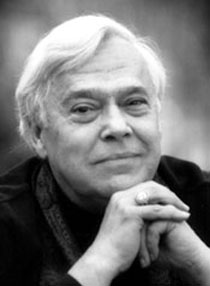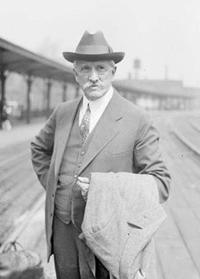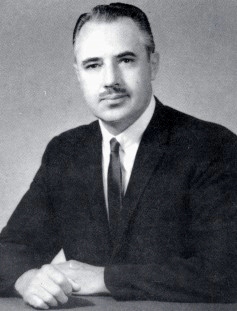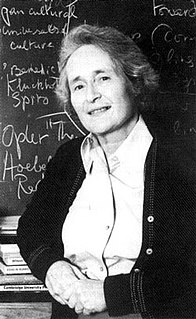A Quote by Reynolds Price
Cities are the least permanent things in our civilization.
Quote Topics
Related Quotes
Utilitarianism is a civilization of production and of use, a civilization of "things" and not of "persons," a civilization in which persons are used in the same way as things are used. In the context of a civilization of use, woman can become an object for man, children a hindrance to parents, the family an institution obstructing the freedom of its members.
It has been the White Race who has been the world builder, the maker of cities and commerce and continents. It is the White Man who is the sole builder of civilizations. It was he who build the Egyptian civilization, the great unsurpassed Roman civilization, the Greek civilization of beauty and culture, and who, after having been dealt a serious blow by a new Semitic religion, wallowed through the Dark Ages, finally extricated himself, and then build the great European civilization.
Is a civilization naturally backward because it is different? Outside of cannibalism, which can be matched in this country, at least, by lynching, there is no vice and no degradation in native African customs which can begin to touch the horrors thrust upon them by white masters. Drunkenness, terrible diseases, immorality, all these things have been gifts of European civilization.
These strengths, and our civilization in general, have reached an apogee with the end of the apocalyptic threats of the Cold War and the end - or at least waning - of less successful, and ultimately less "just," political and economic systems. At the turn of the 21st century we appear to be entering our greatest century, a golden age. The challenge that we face is similar to that of the Classic Maya civilization: we have set in motion a "runaway train" of success.
You have to take in the whole picture, and ask, "What is it you want? What kind of world do you want?" So, I have drawings of different cities. Those cities have an end goal; they're not just cities. The end goal of those cities is to make things relevant to people that they respond to. There's no other way.







































